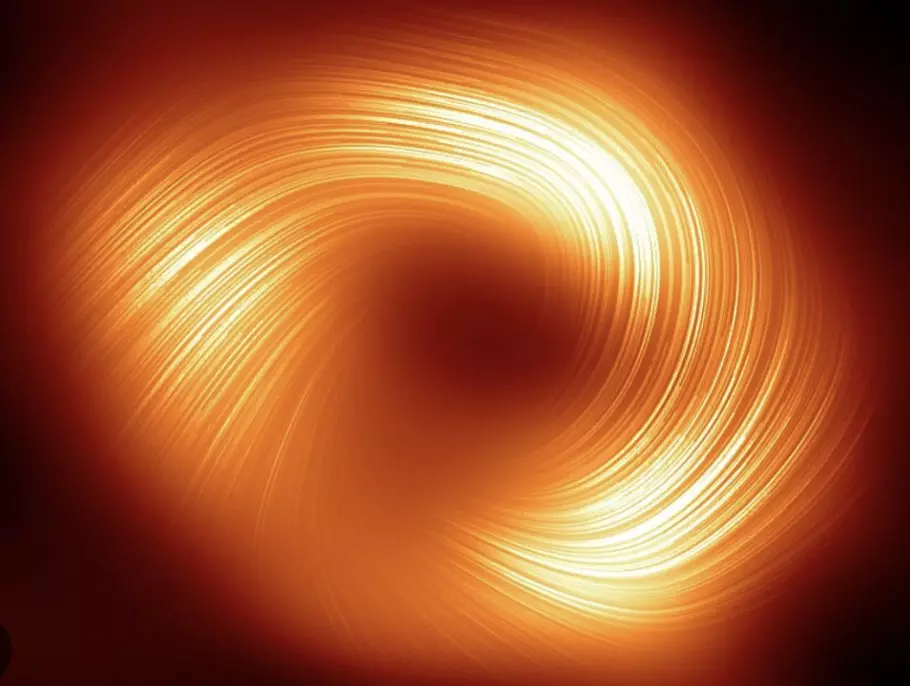Could scientists really uncover what’s inside black holes?
Could scientists really uncover what’s inside black holes?

Imagine gazing up at the night sky, mesmerized by the endless universe. Beyond the shining stars and swirling galaxies, there exist some of the most mysterious objects in space—black holes. These cosmic giants, with their immense gravitational pull, have fascinated scientists for centuries. What really happens inside them? Are they just celestial vacuum cleaners, or do they hold the key to understanding the universe itself?
A team of researchers at the University of Michigan, led by Enrico Rinaldi, has taken a groundbreaking step toward answering these questions. Using quantum computing and machine learning, they are unraveling the deep mysteries of black holes. Their study, published in 2022, has produced astonishing results.
A Black Hole’s Secret: The Holographic Universe?
By leveraging advanced quantum matrix models, Rinaldi’s team simulated the behavior of particles inside black holes. Their findings challenge conventional thinking—suggesting that information about a black hole may not be hidden deep within but instead imprinted on its surface. This supports the fascinating "holographic principle," which proposes that our three-dimensional universe might actually be a projection of quantum information.
For decades, physicists have struggled to bridge the gap between Einstein’s theory of general relativity, which explains gravity and the movement of planets, and quantum mechanics, which governs the strange behavior of subatomic particles. These two theories have never quite aligned—until now. Rinaldi’s research hints at a potential breakthrough, possibly bringing us closer to the elusive theory of quantum gravity.
The Future of Space Exploration
With quantum computing and AI-driven simulations advancing rapidly, researchers are now able to explore the most complex aspects of the universe with unprecedented accuracy. This technology isn’t just revealing secrets about black holes—it could help us understand dark matter, dark energy, and even the origins of time itself.
As our tools and knowledge expand, we stand on the edge of discoveries that could redefine everything we know about reality. The universe, it seems, still has plenty of secrets left to share.

